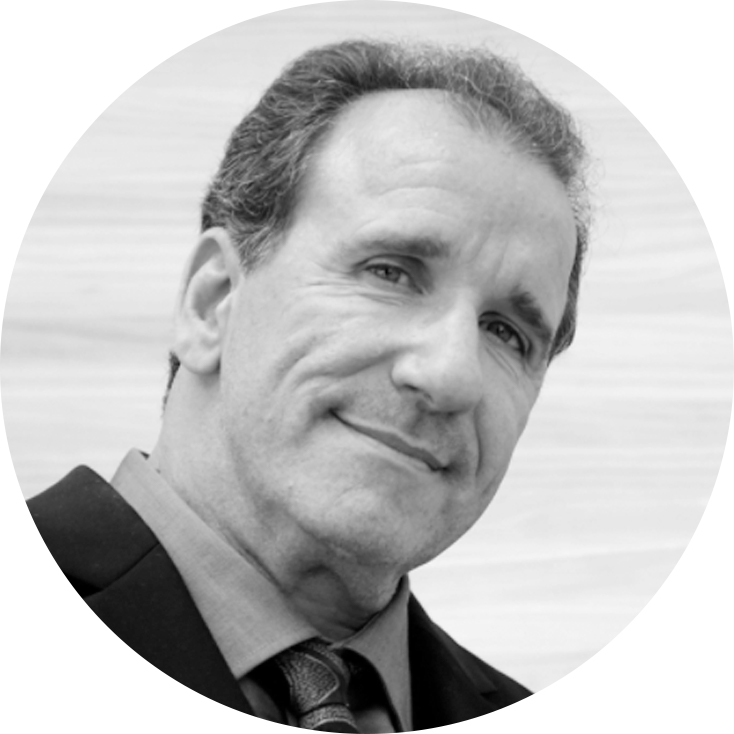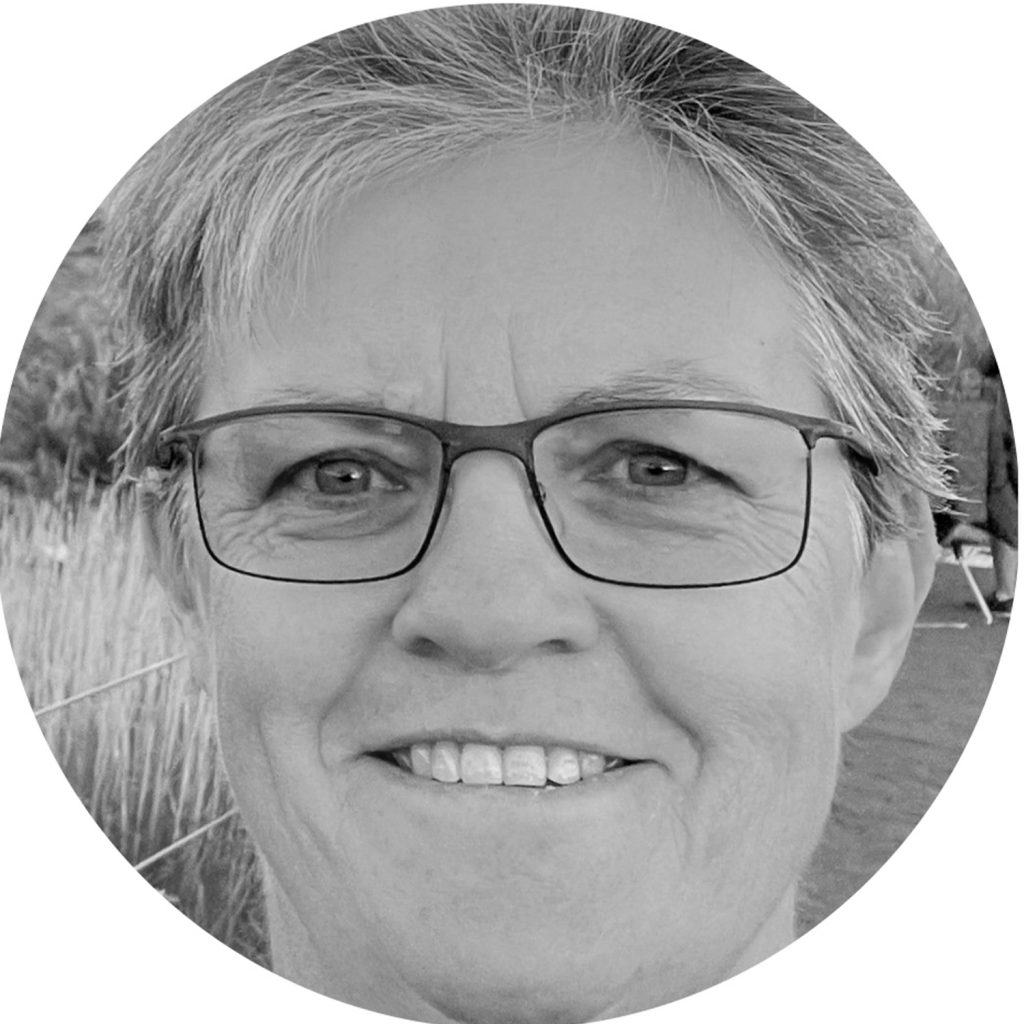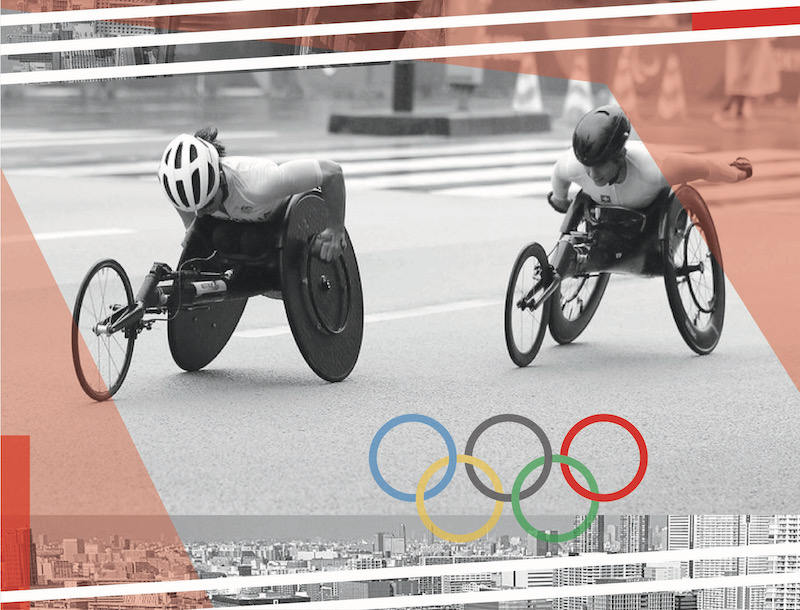
Simon Darcy
Management Department of the UTS Business School, University of Technology Sydney. Simon is an interdisciplinary mixed methods researcher who has written widely on disability, inclusion and sustainability.
LinkedIn: https://www.linkedin.com/in/simon-darcy-553ab31/

Tracey J. Dickson
Associate Professor, Event and Tourism Management in the Canberra Business School, University of Canberra, Australia. Tracey’s diverse research includes the legacies of mega-sport events, tourism and accessibility, and snowsport injury prevention.
Linkedin: https://www.linkedin.com/in/tracey-j-dickson-1a83a027/?originalSubdomain=au

Section 5: Politics of Sport
- Despite “Gender Equal Olympics,” focus still on what women are wearing
- The sacred space of the Olympics
- At Tokyo Games, athlete activism takes front row seat despite IOC’s attempts to silence athletes
- Forced hijab and female athletes in postrevolutionary Iran
- Pay equity and the Tokyo 2020 Olympics
- We want reform
- The revolt of the Black athlete continues
- The colonization of the athletic body
- Anti-Olympics activism
- Rooting for U.S. Olympians: Patriotism or polarization?
- The new kids on the block: Action sports at the Tokyo Olympic Games
- Black women and Tokyo 2020 games: a continued legacy of racial insensitivity and exclusion
- “A ceremony for television”: the Tokyo 2020 media ritual
- Softball’s field of Olympic dreams
- Equal remuneration for a Paralympian
- Is there space on the podium for us all?
- The Tokyo Paralympics as a platform for change? Falling well short of sport and media ‘opportunities for all’
- Tokyo 2020 Paralympics: inspirations and legacies
- What social media outrage about Sha’Carri Richardson’s suspension could mean for the future of anti-doping policies
- Now you see them, now you don’t: Absent nations at Tokyo Paralympic Games
- WeThe15 shines a spotlight on disability activism
- Activism starts with representation: IPC Section 2.2 and the Paralympics as a platform for social justice
- In search of voice: behind the remarkable lack of protest at the Tokyo Paralympics
For the International Paralympic Committee (IPC), the legacy for people with disabilities to be actively engaged in their communities after the Games has been central to their legacy commitment for some time. A legacy is what remains beyond the life of the event and as a consequence of the event. So far, there has been little evidence to demonstrate what or how social legacies, like sport participation or volunteering, remain. Vancouver 2010 is one example of how strategic planning, and early and ongoing engagement with the organizing committee can leave a legacy for host communities. However, one factor that often limits the legacy potential is the lack of learning, or knowledge transfer, between events.
With the Tokyo 2020 Paralympic Games, the most exciting legacy-related aspect may not be so much about what happened in the sport arena, but what happened outside the arena. In the week before the Paralympics #WeThe15 was launched, which is a global collaboration of disability sport organizations and organizations advocating for the position of people with disability around the world. The IPC’s #WeThe15 media release identified that internationally there are 1.2 billion people with disability: 15% of the world’s population. Further, there are others who are more disabled by their social and economic context than they are by any physical or cognitive impairment they may have.
Similar to the IPC’s legacy vision, #WeThe15 aims to address issues like access to sport, but also to change community perceptions of disability more broadly. The #WeThe15 video certainly portrays the ordinary everyday life of challenges, barriers, and frustrations that all people with disability experience. As Paralympian and Australian broadcast co-host, Kurt Fearnley said ‘WeThe15 is about taking the voice of the people with disabilities to an international stage. They don’t want to be seen as superhuman, they want to be seen as human, as equal, as being able to get a job, being able to access education”. However, we know that for the Tokyo 2020 Paralympians there are major differences in living standards depending upon where they were born.
#WeThe15 is not without its detractors. Since the announcement there has been criticism about the campaign and its connection with the IPC and the launch at the Tokyo 2020 Paralympic games. As this article and others point out, the representation of the Paralympic ideal does not represent the full spectrum and complexity of the disability community with the IPC classification system favoring some types of disability and excluding athletes with severe disability. So, with our long involvement in critical Paralympic research from the Sydney 2000 Olympic and Paralympic games, that we dubbed the “Benchmark Games”, we view this new initiative with some caution.
The Sydney Paralympics was lauded for many improvements, but many of these had little to do with the games themselves. While there were many elements to like about the Sydney 2000 Paralympics there were also problems relating to the politics of disability and access. A contributing factor to this was the lack of engagement with the Sydney and Australian disability community by the Sydney Paralympic Games Organizing Committee and the NSW government of the day. Two decades later the legacy of Sydney 2000 continues to be a topic of interest.
To learn from Sydney 2000, 15 years later one of the authors was invited to Tokyo as part of the Nippon Paralympic Research Foundation visiting scholar program. First steps involved organizing meetings between disability sport organizations and disability advocacy organizations to defining what the Japanese community would like to see as a Tokyo 2020 legacy for the disability community. The process included bringing together disability advocacy groups and disability sport groups who didn’t talk to each other and certainly not about the impending Tokyo 2020 Paralympic games. Following the visit an article was written for the Nippon Paralympic Research Group about learning from Sydney 2000 to prepare Tokyo 2020 for a legacy for the community of people with disability attending the games, for visitors to Japan afterwards and, most importantly, for the Japanese disability community. However, with the COVID-19 limitations, the Tokyo 2020 social legacy strategy and planning for the disability community had to be agile. The usual cultural festival was gone (although witnessed in the Paralympic Games opening and closing ceremonies), and the opportunity to activate the event and introduce spectators to adaptive sports had gone. Maybe #WeThe15 will help fill that gap.
Time will tell whether the #WeThe15 coalition will achieve long-needed, tangible improvements for the 1.2 billion people living with disability. Will their global, top-down strategies lead to local initiatives to empower people with disability and to facilitate their access to sport and recreation in their home communities? In part the answer will depend upon what #WeThe85 do to help co-create more accessible and inclusive societies, communities, workplaces, and sporting opportunities where #WeThe15 feel welcomed, equal, and at home.

